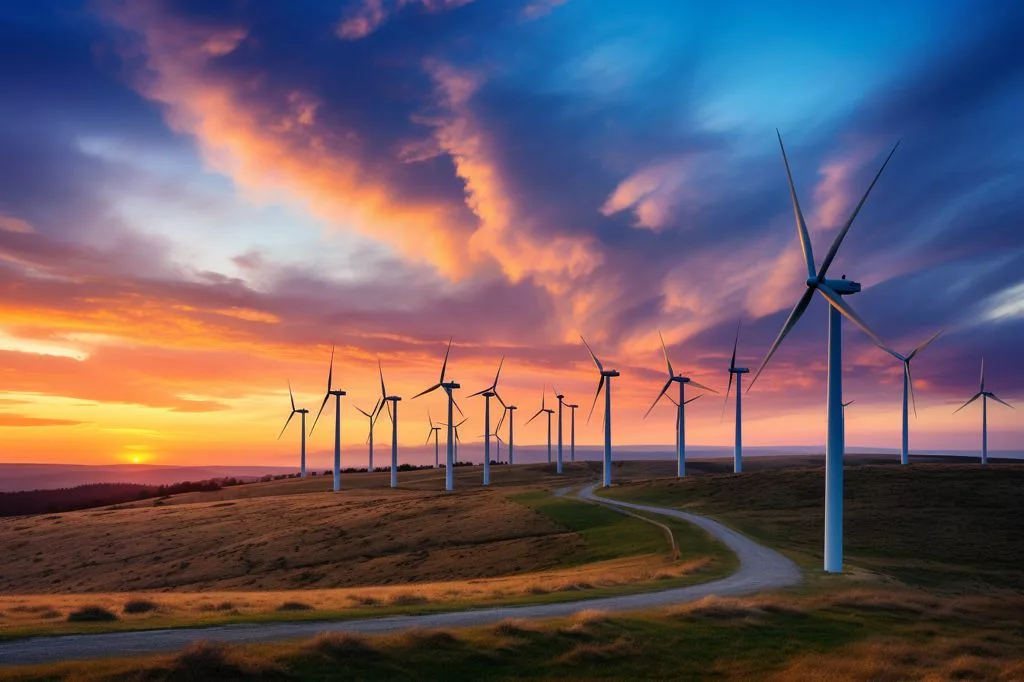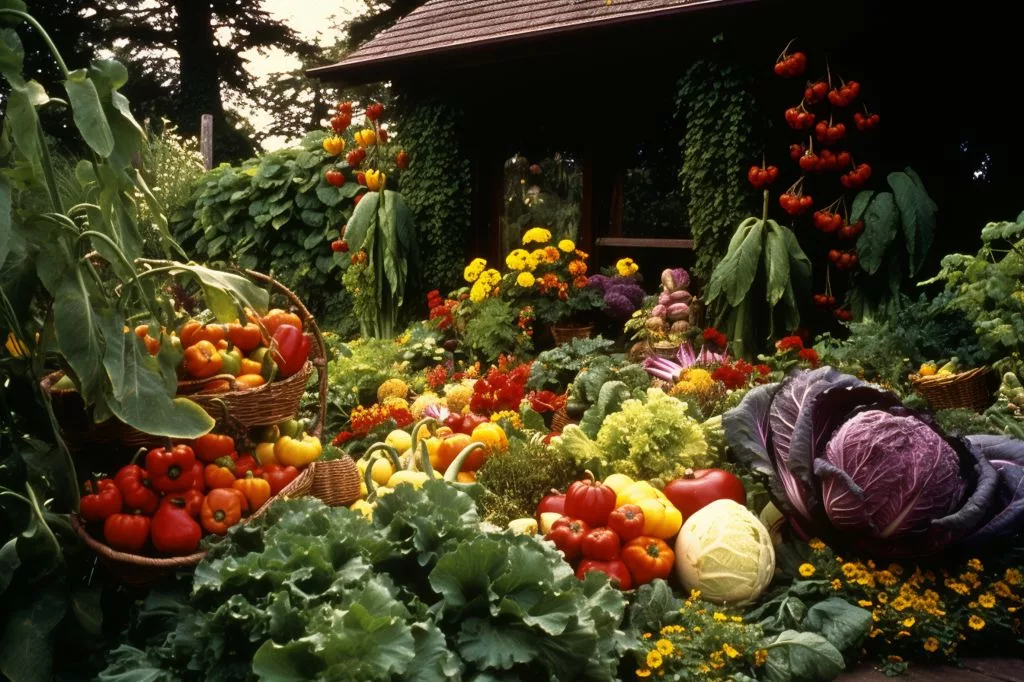South Africa is increasing its use of wind energy, with plans to add 14 GW of wind energy capacity to the power system in the next seven years. Currently, 36 wind energy projects in the country have a combined installed capacity of 3,442 MW, supplying electricity to over three million households and creating nearly 23,000 jobs. The Western Cape province’s abundant wind conditions make it a crucial location for achieving these ambitious goals, and initiatives like the Premier’s Council on Skills aim to support job creation and sustainable development in the renewable energy space.
What is the growing importance of wind energy in South Africa’s energy mix?
Wind energy is becoming increasingly significant in South Africa’s energy mix, with plans to add 14 GW of wind energy capacity to the power system over the next seven years. Currently, there are 36 wind energy projects in the country, delivering a combined installed capacity of 3,442 MW, which can provide electricity to over three million households. Wind energy also has the potential to create jobs, with nearly 23,000 positions created through the construction, operation, and maintenance of wind farms.
Embracing Wind Energy in the Western Cape Province
South Africa’s Western Cape is well-known for its abundant wind, making it an attractive location for energy experts and policymakers. As the country works to strengthen its energy resilience and security, wind energy’s growing importance in the nation’s energy mix is undeniable. Premier Alan Winde recently hosted the 27th Energy Digicon, where he discussed the vast potential of wind energy in the region with Niveshen Govender, Chief Executive Officer of the South African Wind Energy Association, as his special guest.
Currently, South Africa is home to 36 wind energy projects that deliver a combined installed capacity of 3,442 MW. This level of power generation can supply electricity to over three million households nationwide. During the digicon, Govender shared that wind energy currently makes up the largest portion of renewable energy technologies in South Africa’s energy mix.
Over the following seven years, the country plans to further tap into its wind resources by adding an impressive 14 GW of wind energy capacity to its power system. With its favorable wind conditions, the Western Cape will undoubtedly play a crucial role in achieving this ambitious goal.
Job Creation and Skills Development in the Wind Energy Sector
Besides its clean energy advantages, the wind energy sector has also demonstrated its potential for job creation in South Africa. Govender reported that nearly 23,000 jobs have been created through the construction, operation, and maintenance of wind farms in the country. Additionally, he noted that this number does not include employment opportunities in project development, financing, consulting, and other essential roles that support the growth of the renewable energy sector.
Premier Winde recognized the numerous opportunities that wind energy development presents for the Western Cape and stressed the importance of nurturing the necessary skills for the region to fully benefit from this emerging industry. He pointed out initiatives like the Premier’s Council on Skills, which aims to address the demand for specialized expertise in the renewable energy space, ultimately promoting job creation and furthering South Africa’s commitment to clean energy solutions.
The Growing Importance of Wind Energy in South Africa’s Energy Mix
As South Africa and the Western Cape continue to work towards a greener, more sustainable energy future, wind energy’s significance in the nation’s energy mix will only increase. By fully utilizing this abundant resource, the country can not only address its energy security concerns but also pave the way for a cleaner, more prosperous future.
In conclusion, South Africa’s progress in developing wind energy demonstrates the nation’s dedication to clean energy, job creation, and sustainable development. With the Western Cape leading the charge, the future looks promising for the thriving wind energy sector and the wider renewable energy landscape in the country. The Winds of Change are indeed sweeping through, and South Africa is poised to harness these powerful gusts towards a more sustainable and resilient energy future.
To watch a recording of the 27th Energy Digicon, please visit: https://www.youtube.com/watch?v=SPMwbtnMtss
1. What is the significance of wind energy in South Africa’s energy mix?
Wind energy is becoming increasingly important in South Africa’s energy mix, with plans to add 14 GW of wind energy capacity to the power system over the next seven years. Currently, there are 36 wind energy projects in the country, delivering a combined installed capacity of 3,442 MW, which can provide electricity to over three million households.
2. How many wind energy projects are currently in South Africa?
There are currently 36 wind energy projects in South Africa.
3. What is the combined installed capacity of wind energy projects in South Africa?
The combined installed capacity of wind energy projects in South Africa is 3,442 MW.
4. How many households can wind energy in South Africa provide electricity to?
Wind energy in South Africa can provide electricity to over three million households.
5. How many jobs has the wind energy sector created in South Africa?
The wind energy sector has created nearly 23,000 jobs through the construction, operation, and maintenance of wind farms in South Africa.
6. What initiatives are in place to support job creation and skills development in the renewable energy space?
Initiatives like the Premier’s Council on Skills aim to support job creation and skills development in the renewable energy space in South Africa.
7. What is the Western Cape Province’s role in wind energy development in South Africa?
The Western Cape Province’s abundant wind conditions make it a crucial location for wind energy development in South Africa. It is expected to play a crucial role in achieving the ambitious goal of adding 14 GW of wind energy capacity to the power system in the next seven years.
8. What is the future of wind energy in South Africa?
As South Africa and the Western Cape continue to work towards a greener, more sustainable energy future, wind energy’s significance in the nation’s energy mix will only increase. By fully utilizing this abundant resource, the country can not only address its energy security concerns but also pave the way for a cleaner, more prosperous future.








